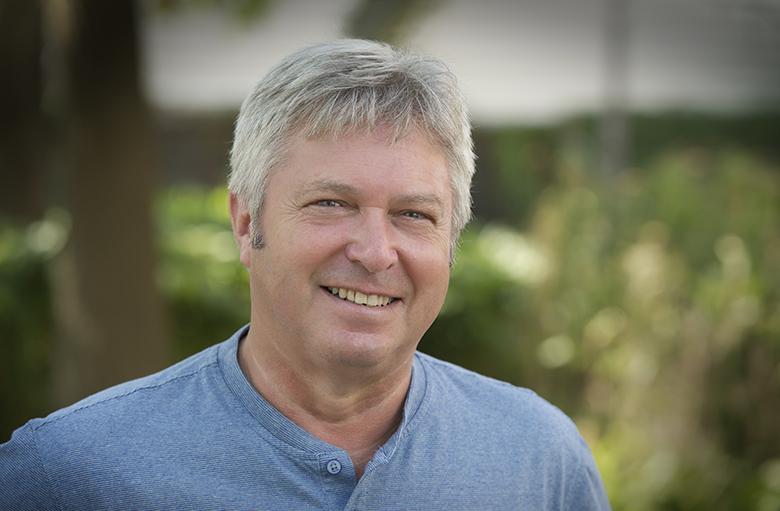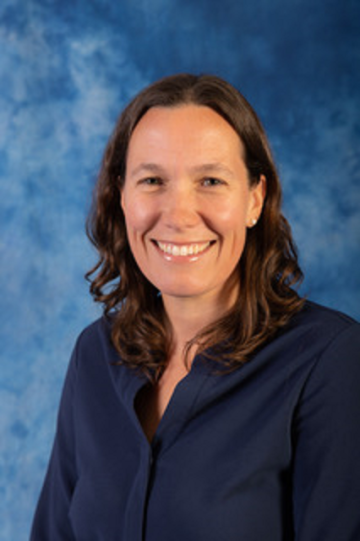Mike Dixon


About me
I was born/grew up in: Maniwaki, Quebec
I now live in: Guelph, Ontario
I completed my training/education at: BSc and MSc at Mount Allison University in New Brunswick. PhD at Edinburgh University in Scotland. Post-Doctoral Fellowship at University of Toronto. NSERC University Research Fellowship at University of Guelph.
What I do at work
My day is usually filled with meetings! Some of these are with students regarding their graduate research activities. Other meetings are with my senior research staff who are responsible for various aspects of the overall program management.
The Controlled Environment Systems Research Facility (CESRF) is a big part of Canada’s contribution to space exploration. Our experiments look at growing food in space for life support, food in harsh environments on Earth, and plant sourced medicines such as cannabis and cancer drugs. We grow a variety of plants for food or medicine at CESRF.
We use a lot of very specialized equipment to create very controlled environments where we grow the plants. We measure the plants responses to specific environment control “recipes”. This includes different amounts and combinations of CO2, light, temperature, humidity, nutrients and water. We are constantly modifying and improving our equipment. These changes allow us to create new experiments or gather better data.
As the Director of the program, I make lots of decisions every day. These decisions are related to personnel, graduate student activities, equipment distribution and purchasing. Most of these decisions are made in consultation with members of the CESRF staff such as the Technical Manger and Program Manager.
A background in STEM is critical to successfully dealing with the challenges in this unique field of space science and plant science.
My career path is
My academic career has developed along a relatively predictable path. It started with my undergrad studies in plant physiology through to my graduate work in biophysics. Over the years, my research interests have evolved through many changes in direction based on my collaborations with colleagues and industry partners. My early research was mainly basic plant physiology and plant-environment interaction studies. Then I got interested in greenhouse production systems for ornamentals (roses). While doing this I developed some plant sensor techniques to assess water and drought stress in plants. Then I started to apply some of the technical solutions for controlled environment systems to space exploration and the requirements for life support based on plants for food.
There have been times when things didn’t work out as planned, especially related to funding applications. These were chalked up as part of the learning process and helped develop more reliable strategies to secure resources for the program.
I am motivated by
I get excited about the “discovery” aspects of my work. We continually find new information about how plants acclimate to their environment and the resulting influence on their nutritional, ornamental or medicinal attributes. I enjoy interacting with my colleagues, students and industry partners in pursuing the research objectives.
How I affect peoples’ lives
My main interest is in human space exploration. However, many of the things we learn about living in space can be applied to problems we have on Earth. My research has resulted in many useful applications and business opportunities used in farming on Earth.
For example, some of our research has been applied to solving the problem of growing food in Canada’s North. We have developed ways to disinfect surfaces that leave no toxic residue. Our research has improved hydroponic plant systems. We have developed new lighting systems for plants that use LEDs. These are just some of the ways our research has, or will, affect people’s lives here on Earth.
Working with Dr. Bob Thirsk of the Canadian Space Agency, we founded the Tomatosphere project in 2000. This has engaged millions of primary and secondary school students across North America in space science research.
Working with Dr. Bob Thirsk of the Canadian Space Agency, we founded the Tomatosphere project in 2000. This has engaged millions of primary and secondary school students across North America in a space science research.
Outside of work I
I like to fish and play golf for recreation. I also putz around the cottage in the summer attending to the never-ending list of maintenance projects and when I can avoid these I like to read.
My advice to others
Stay in school and find something in which you are genuinely interested. Develop writing skills that represent a competent and confident use of the English language. Try to avoid over-using the term “like” in discussions, especially in a professional context.
- History
- Math
- Science
- Technology
- Enjoyed working with my hands
- Was motivated by success
- Liked being given free range to explore my ideas
- Liked reading
- Felt at home in the outside, natural environment
- Felt great satisfaction in getting good grades
- Wasn't sure what I wanted to do
- Liked to take things apart to see how they worked
- Liked to design or build things
- Engaged in activities such as fishing, berry picking and hunting





